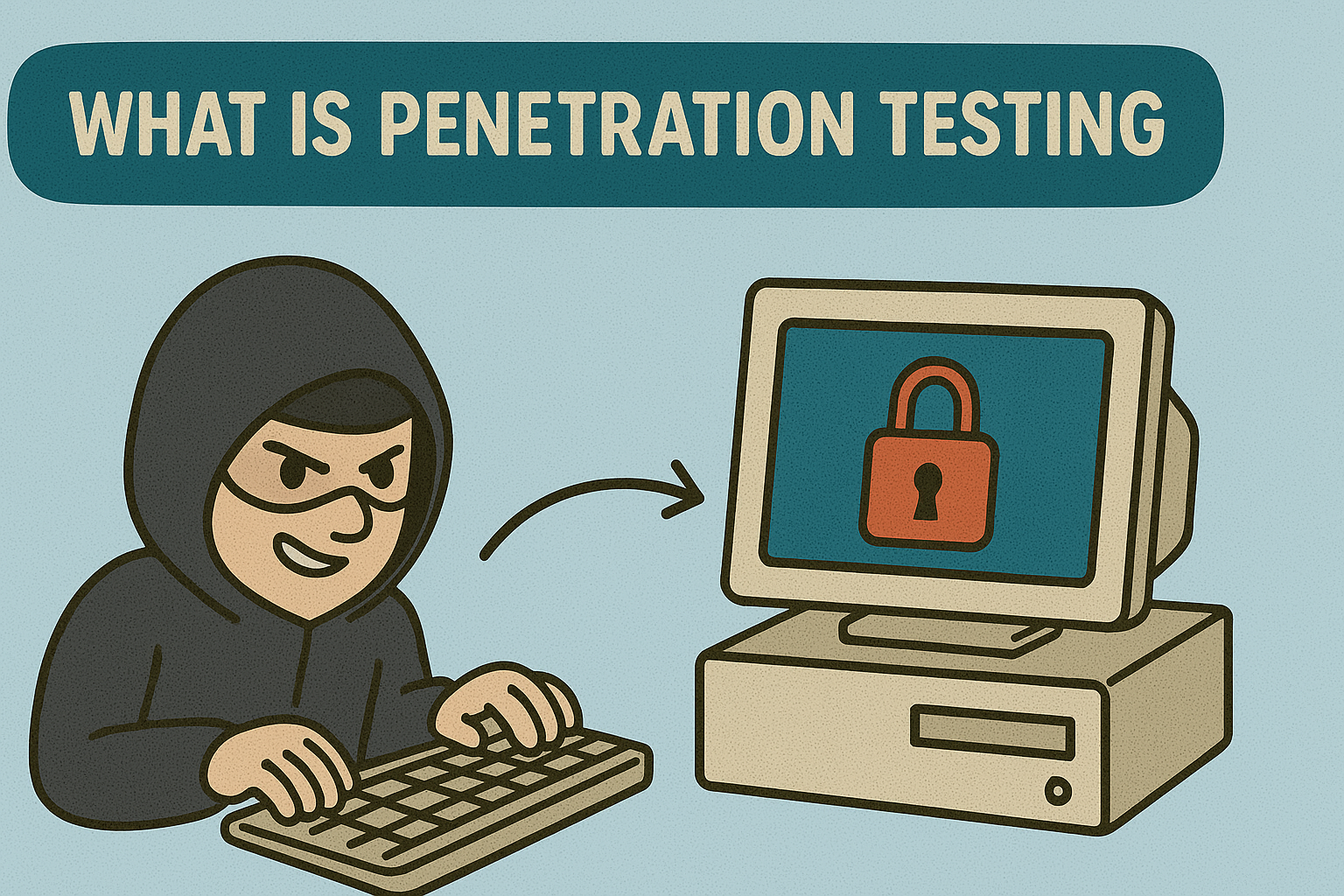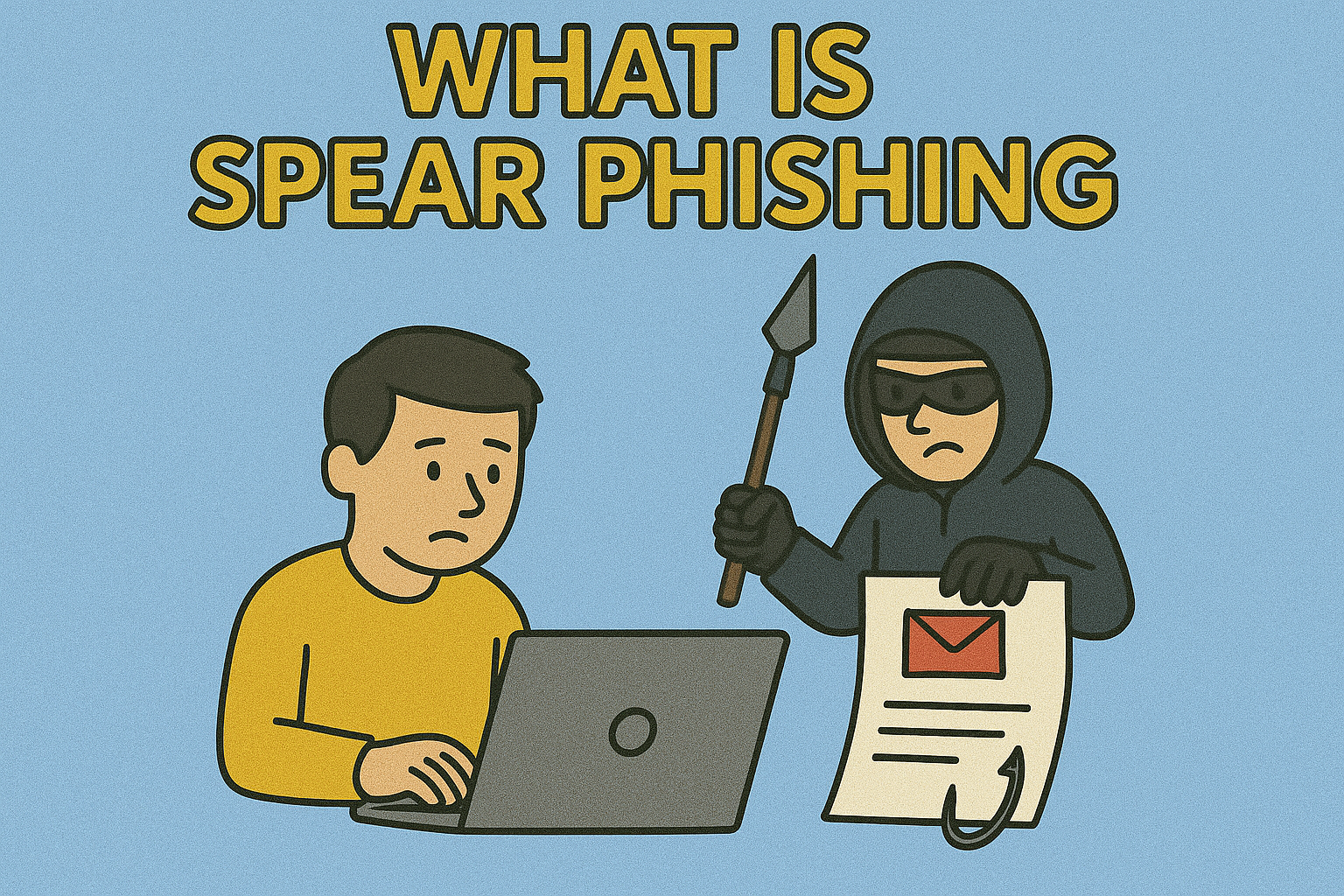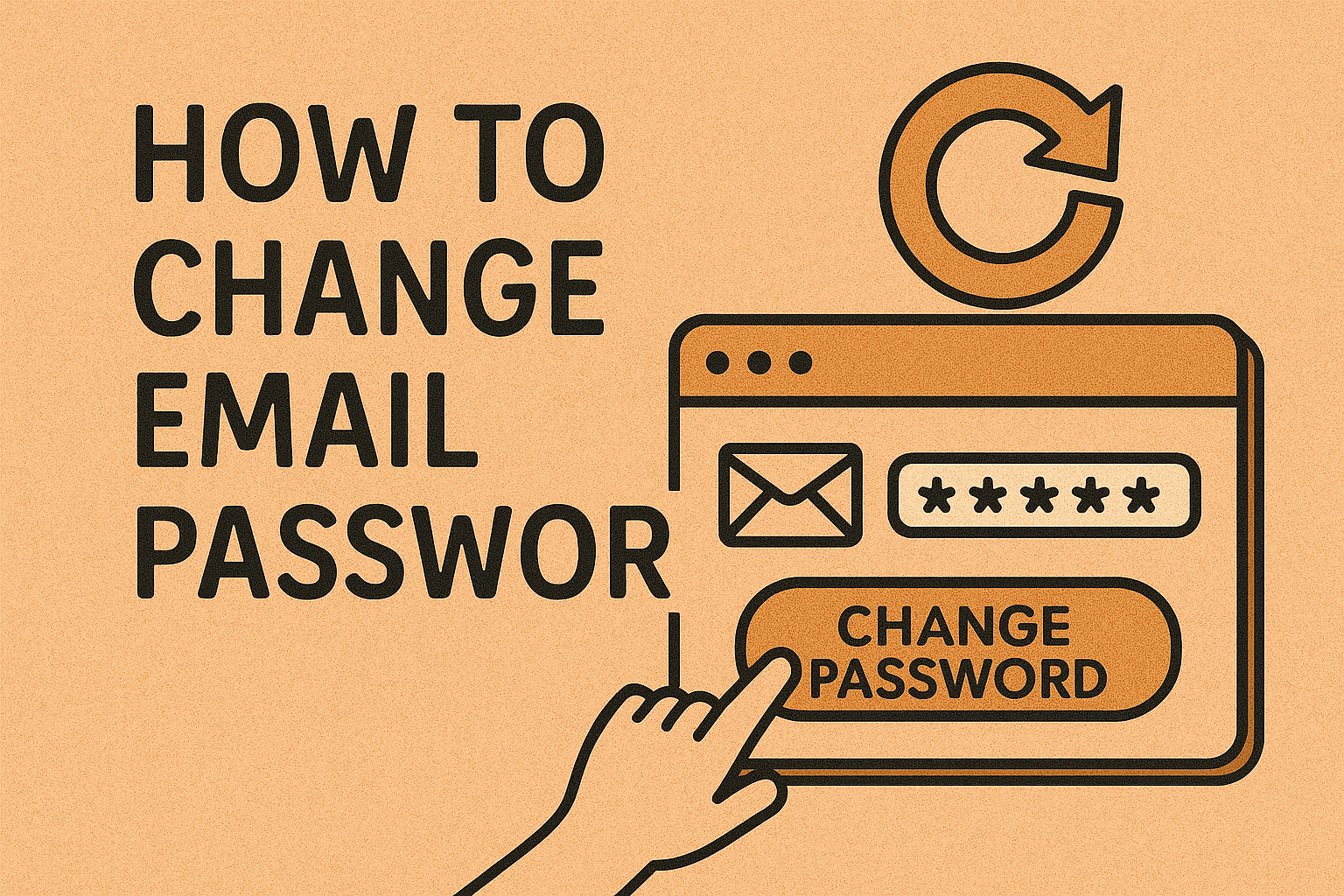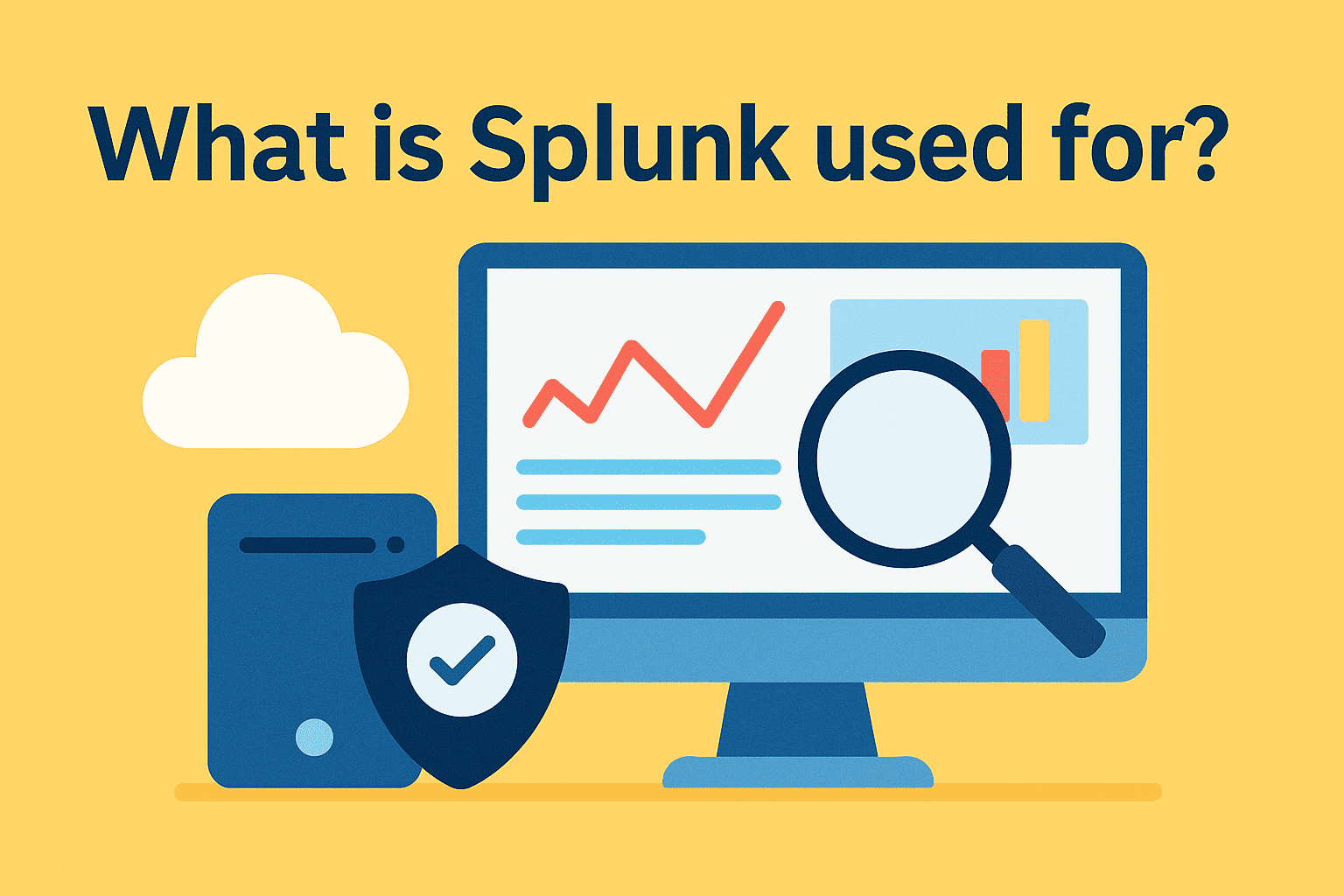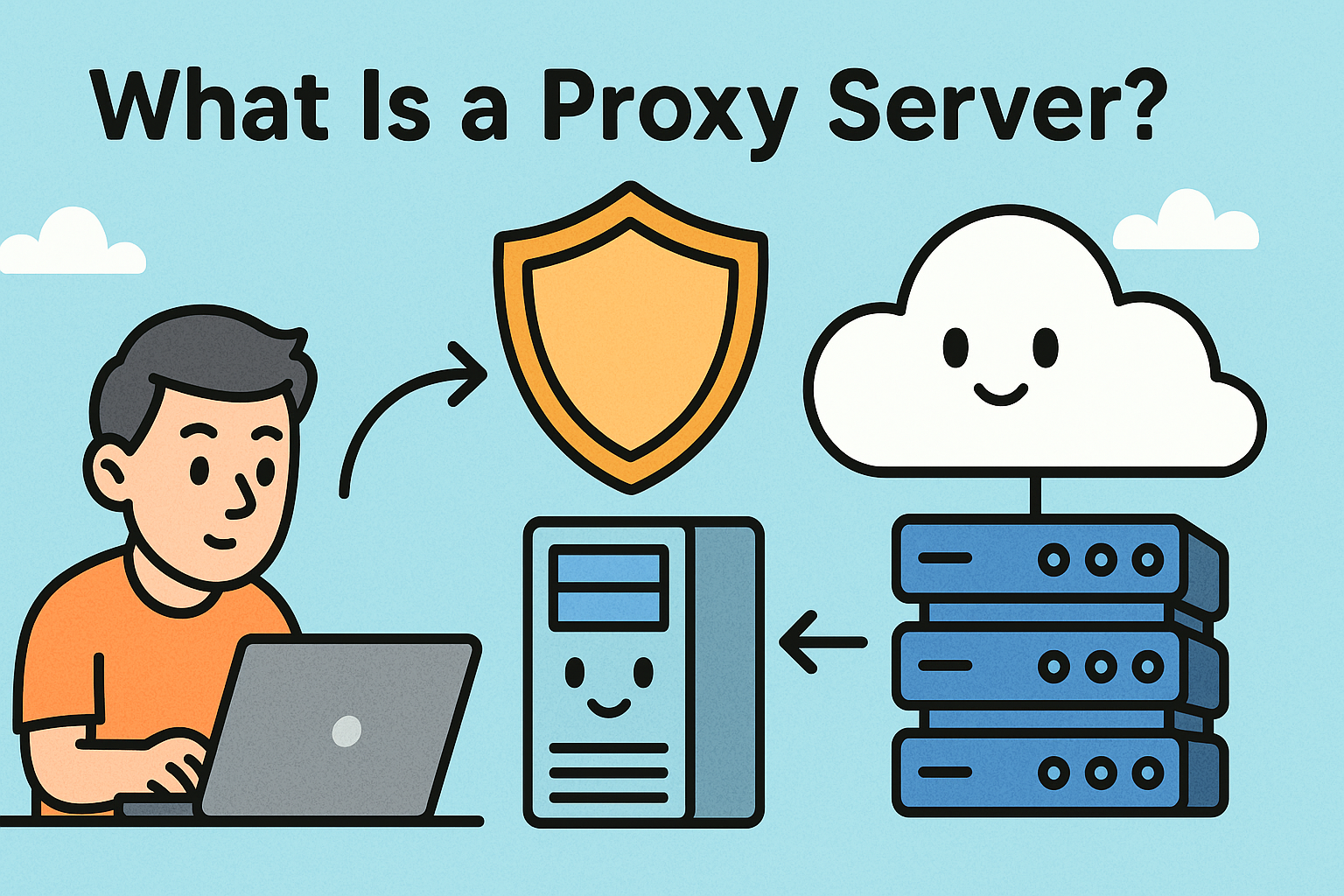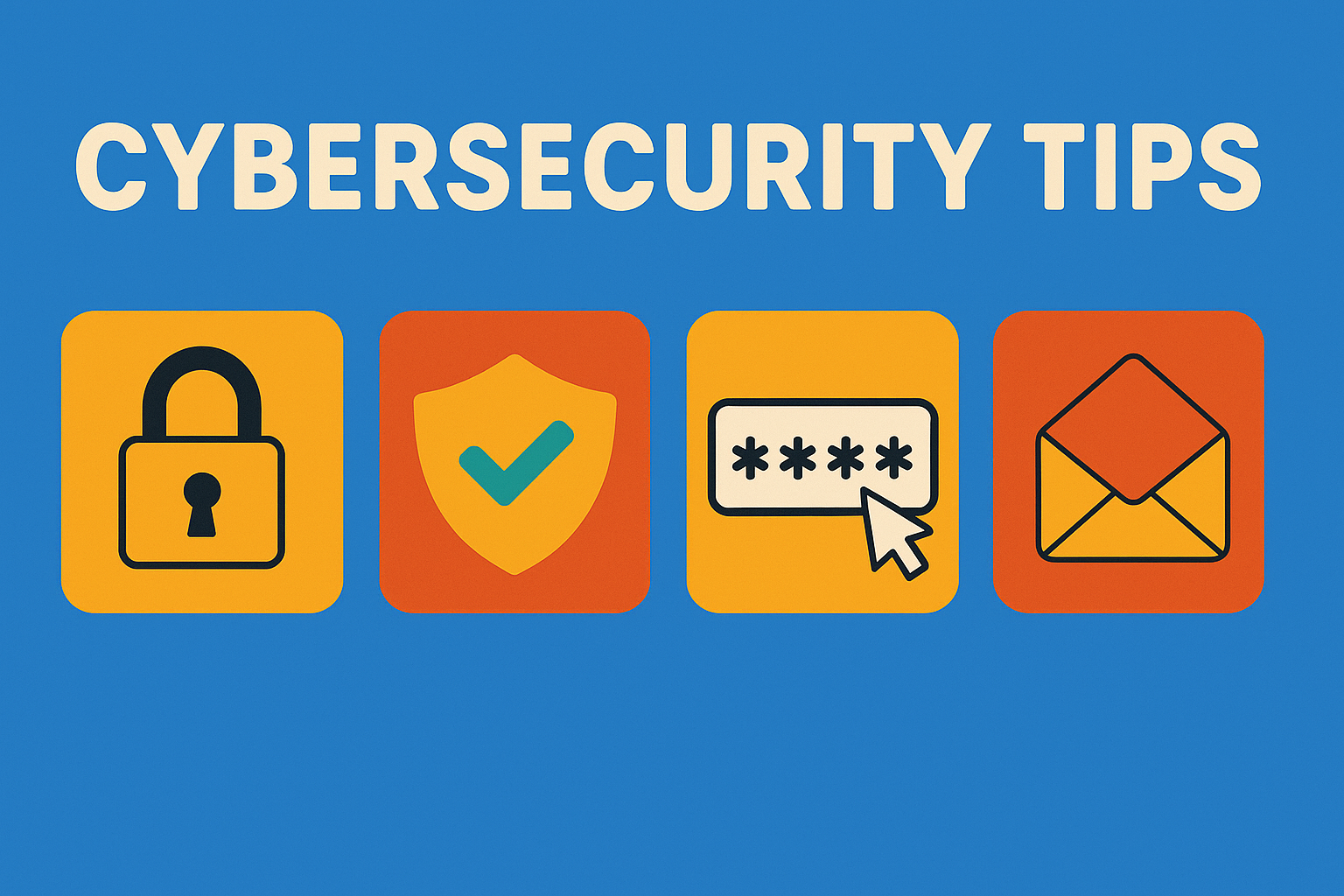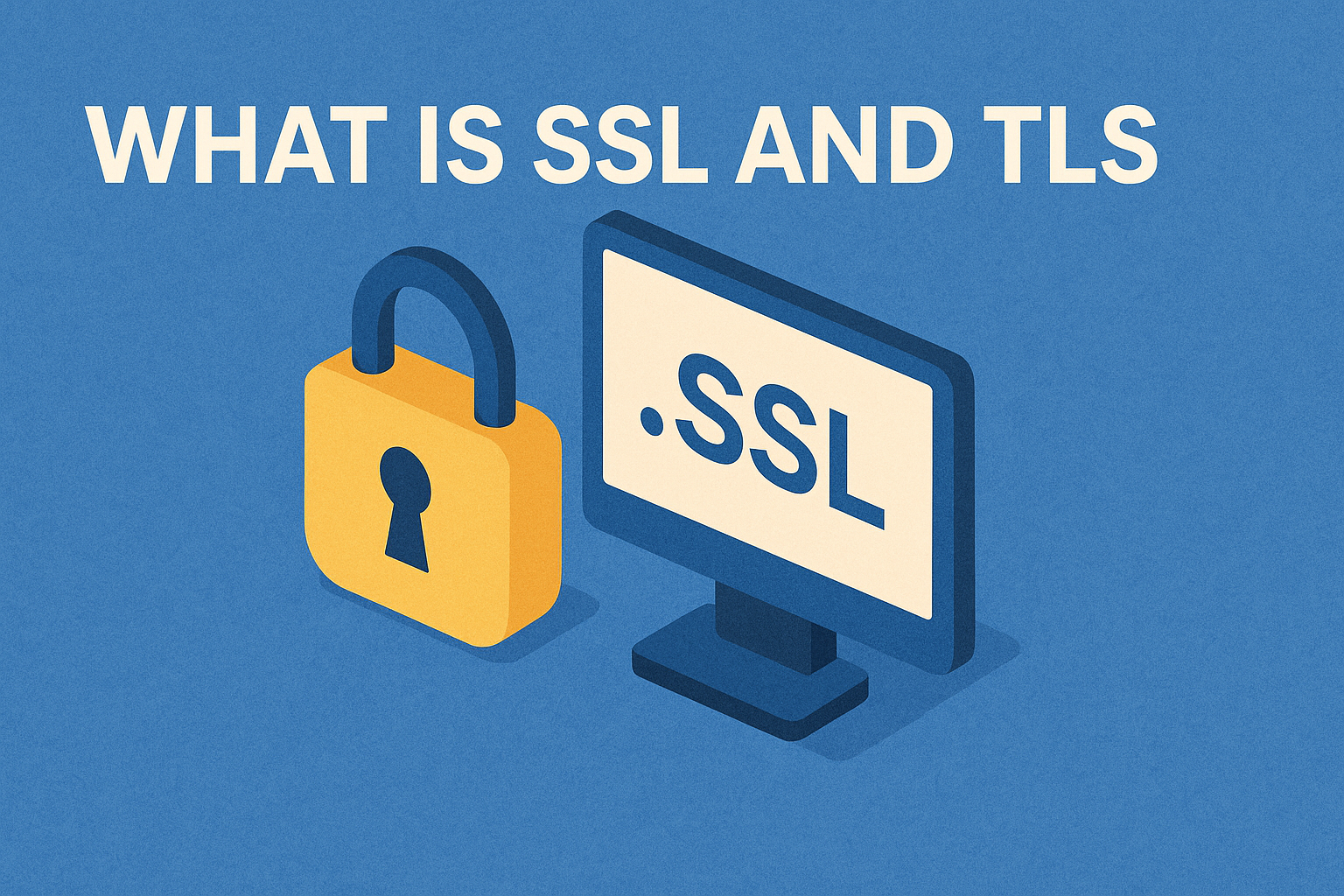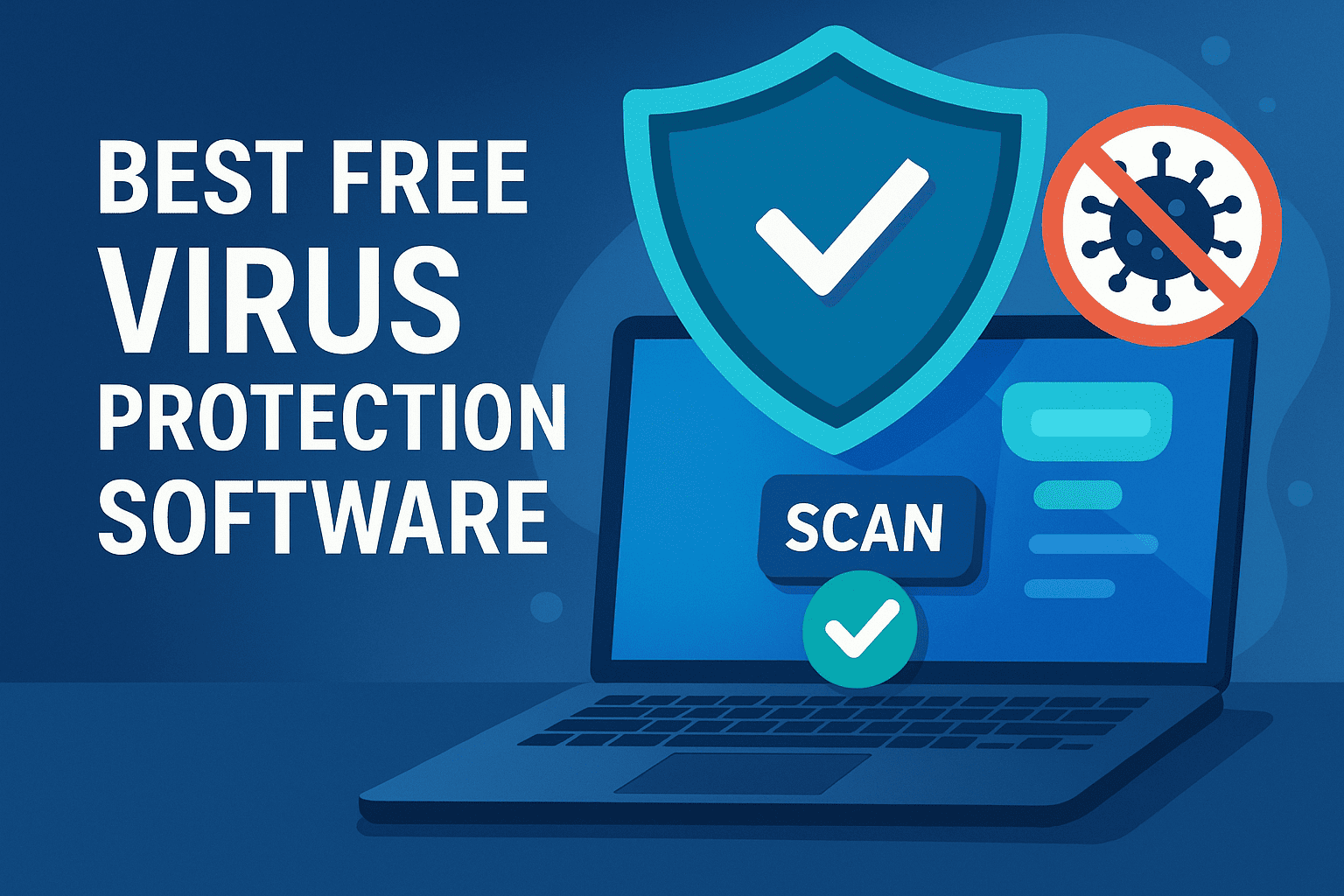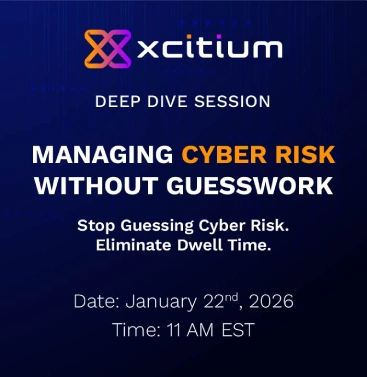Why Should You Care About HIPAA?
Updated on June 6, 2025, by Xcitium
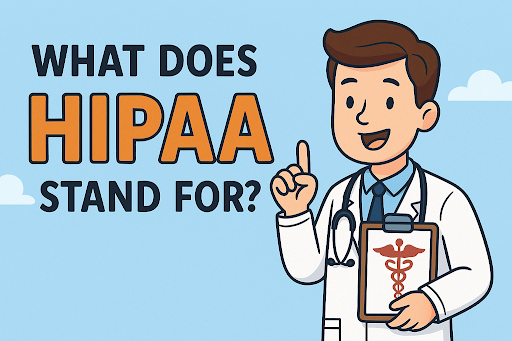
Did you know that over 133 million healthcare records were exposed in data breaches in just one year? In a digital-first world, healthcare cybersecurity is more than a legal concern—it’s a matter of trust. If you work in healthcare, IT, or cybersecurity, you’ve likely heard the term “HIPAA.” But what does HIPAA stand for, and why is it essential for protecting sensitive health data?
Let’s decode HIPAA’s true purpose, legal framework, and what it means for your business or practice.
What Does HIPAA Stand For?
HIPAA stands for Health Insurance Portability and Accountability Act. Enacted in 1996, HIPAA is a U.S. federal law designed to:
- Safeguard patient health information (PHI)
- Standardize electronic health transactions
- Prevent healthcare fraud and abuse
- Improve access to health insurance coverage
At its core, HIPAA is about protecting the confidentiality, integrity, and availability of healthcare information.
What Is HIPAA? A Closer Look
HIPAA consists of multiple components and rules that together form a comprehensive data protection framework in the healthcare industry.
The Primary Purposes of HIPAA:
- Data Protection: Protect electronic and physical records.
- Insurance Portability: Ensure continuity of coverage for workers switching jobs.
- Fraud Prevention: Introduce checks to reduce healthcare fraud.
- Administrative Simplification: Standardize healthcare transactions.
For IT managers, cybersecurity experts, and healthcare professionals, understanding HIPAA is crucial to preventing costly violations and maintaining patient trust.
Key Components of HIPAA
1. The HIPAA Privacy Rule
This rule governs how organizations use and disclose protected health information (PHI). It mandates:
- Patient consent for sharing PHI
- Minimum necessary use
- Patient rights over their health data
2. The HIPAA Security Rule (Important!)
The HIPAA Security Rule specifically focuses on electronic protected health information (ePHI). It requires organizations to implement three types of safeguards:
Administrative Safeguards:
- Risk assessments
- Workforce training
- Incident response plans
Physical Safeguards:
- Facility access controls
- Workstation security
Technical Safeguards:
- Encryption protocols
- Unique user identification
- Audit controls
👉 IT departments and cybersecurity teams must align closely with these safeguards to ensure compliance and security.
HIPAA Law Summary: What Businesses Must Know
HIPAA compliance is not optional. Violations can result in penalties ranging from $100 to $50,000 per incident, with a maximum annual penalty of $1.5 million.
Who Must Comply?
- Covered Entities: Hospitals, clinics, insurance companies
- Business Associates: IT service providers, cloud storage vendors, billing companies
Common HIPAA Violations:
- Unencrypted data
- Unauthorized access
- Lost or stolen devices
- Delayed breach reporting
Cybersecurity protocols must be deeply embedded into company culture to avoid these common pitfalls.
Why HIPAA Matters for Cybersecurity and IT Professionals
Healthcare data is a prime target for cybercriminals. PHI can be worth 10–20 times more than credit card data on the dark web.
HIPAA Helps You:
- Mitigate risk with structured guidelines
- Avoid reputation damage from breaches
- Build customer trust through compliance
- Enable secure digital transformation in healthcare
HIPAA Compliance Best Practices
Following these tips can help your organization remain compliant:
- Conduct annual risk assessments
- Implement role-based access controls
- Encrypt all devices and data
- Train employees regularly
- Establish a breach response plan
Bonus Tip:
Work with a compliance partner like Xcitium to streamline audits and automate monitoring.
Industry-Specific Use Cases
For IT Managers
- Establish a secure infrastructure for EHR (Electronic Health Records)
- Monitor access logs for unusual activity
For Healthcare Providers
- Restrict patient data access to authorized staff only
For CEOs & Founders
- Ensure organizational liability coverage through compliance
- Use HIPAA as a trust-building marketing advantage
Actionable Tools to Support HIPAA Compliance
- Vulnerability Scanners: Identify potential threats to ePHI
- SIEM Tools: Monitor and respond to suspicious behavior
- Endpoint Protection Platforms: Secure devices accessing health data
FAQ Section
1. What does HIPAA stand for in simple terms?
HIPAA stands for Health Insurance Portability and Accountability Act, a law designed to protect sensitive health information.
2. What is the HIPAA Security Rule?
It’s a part of HIPAA that mandates how electronic health information must be protected through administrative, physical, and technical safeguards.
3. Who needs to comply with HIPAA?
Covered entities like hospitals and insurance companies, and business associates such as IT vendors and consultants, must comply.
4. What happens if you break HIPAA rules?
Violations can lead to civil and criminal penalties, ranging from fines to imprisonment in severe cases.
5. How can companies stay HIPAA compliant?
They should conduct regular audits, encrypt data, train staff, and use secure technologies to protect health information.
Conclusion: Stay Secure, Stay Compliant
Understanding what HIPAA stands for is more than just memorizing a name—it’s about adopting a mindset of data responsibility and trust. Whether you’re a cybersecurity specialist, healthcare provider, or IT manager, HIPAA is your first line of defense against data breaches and compliance failures.
🔒 Want to simplify HIPAA compliance for your organization?
👉 Request a Demo with Xcitium today and safeguard your healthcare ecosystem.




